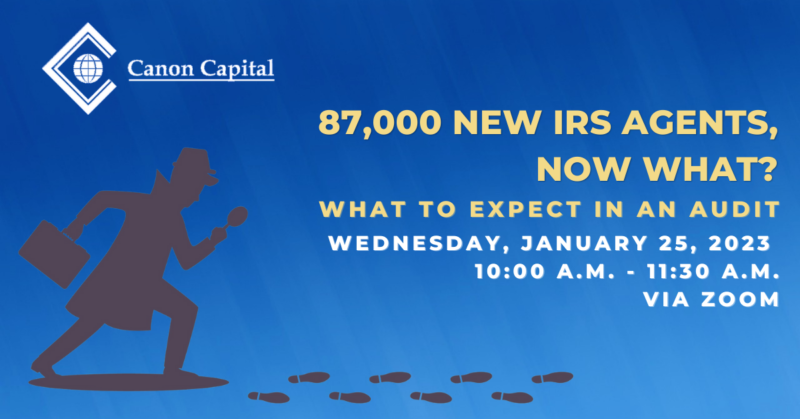
It is no secret that the cryptocurrency sector took a hit in recent months. In November of 2021, Bitcoin reached a new record price of just over $67,500. Now, it sits around $20,000. Likewise in that same time frame, Ethereum also reached an all-time high of around $4,800 yet now trades around $1,300. Ouch! Bitcoin and Ethereum aren’t the only cryptos experiencing this major volatility either. The same story can be told for many others. The price decline might lead one to speculate that cryptocurrencies are a thing of the past. Before we go any further down this road, let’s bring in some contextual information.
The Economy:
The Consumer Price Index for American goods is showing an inflation rate of over 8%. The average 30-year mortgage rate is approaching 7% (last year it was 3%). Gasoline prices at the pump are too painful to talk about. The Fed is signaling yet another 0.75 basis point increase in the federal-funds rate. The U.S. national debt has increased over $3 trillion since January 2021 and now sits at over $30T.
The Stock Market:
One year ago, the S&P 500 sat at around 4,700. It now sits close to 3,700 which is about a 21% decline. The NASDAQ fell from 16,000 to 11,100 which is almost a 31% drop. Because of the rising interest rates, bonds aren’t doing well either.
It’s easy to isolate crypto and sound the alarm on falling prices; however, when viewed through the lens of the whole economy, the recent price adjustments start to make a little more sense. I hesitate to insinuate that the Bitcoin price decline is ‘no big deal’ – rather, consider this: the crypto crash did not happen in a vacuum. The entire economy is struggling but this realization can bring an encouraging perspective to the world of cryptocurrency. For example, since crypto is very speculative, it tends to attract investors who have high risk tolerances. These types of investors tend to also hold high risk positions in other asset classes. When the market turns sour, these investors can experience a “margin call” on their leveraged positions (if they have any). When this happens, they may have no choice but to liquidate their crypto holdings to meet this margin call. This alone would start driving the crypto market down. If this price decline picks up momentum, it may in fact start a price avalanche. This is a likely factor in crypto’s most recent sell-off (as it has also been in the past).
Aside from the overall economy, there is another factor worth considering. This isn’t the only time crypto has “crashed.” This is a scenario we’ve seen several times before (and one we will likely continue to see in the future). Like the business cycle, this “crypto cycle” can be quite beneficial because it helps weed out the junk coins. When market demand returns, the coins that remain therefore should have on average a higher value proposition for the future.
It’s worth noting that this increase in value proposition happens by more than just chance. Even in down markets, cryptocurrencies are continuing to improve and adapt. For example, one of the most notable improvements in this space happened just a few weeks ago on September 15, 2022. On this date, Ethereum successfully transitioned from a proof-of-work consensus to a proof-of-state consensus. This is a significant change that has ramifications far beyond the scope of this article. The further one dives into the crypto community the more it becomes apparent that innovation is continuing to happen at a fast pace. There are countless examples of protocol improvements coming down the pipeline for a variety of coins. Looking solely at this, one might not even suspect that demand has taken a temporary hiatus. There is passion in this sector which should not be underestimated.
Finally, we must consider the blockchain. The price of crypto has dropped significantly but that is largely due to external factors, not the technology itself. The blockchain still remains incredibly secure and the technology continues to be implemented into an increasing number of businesses worldwide. So even though the demand has slowed, the technology adoption has not.
Nobody knows what the future holds, which is why investors need to rely on the best data available at any given time to use in their analysis. Current data overwhelmingly suggests that not only is crypto and blockchain here to stay, but the future for this technology could be bright.
This article first appeared in the November 21, 2022 edition of the Lehigh Valley Business Journal.

Andrew Shapowal, CPA, AIF® is a Senior Accountant / Digital Asset Specialist here at Canon Capital Wealth Management.










